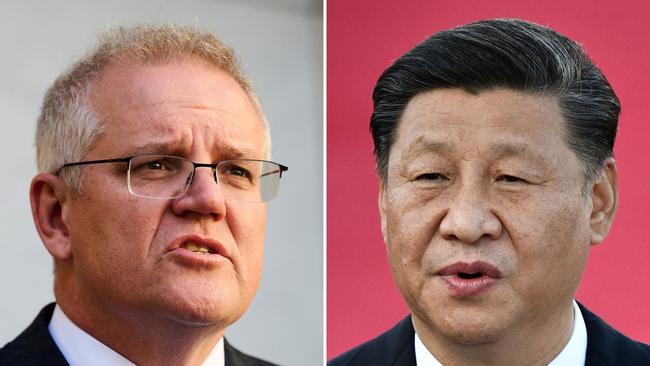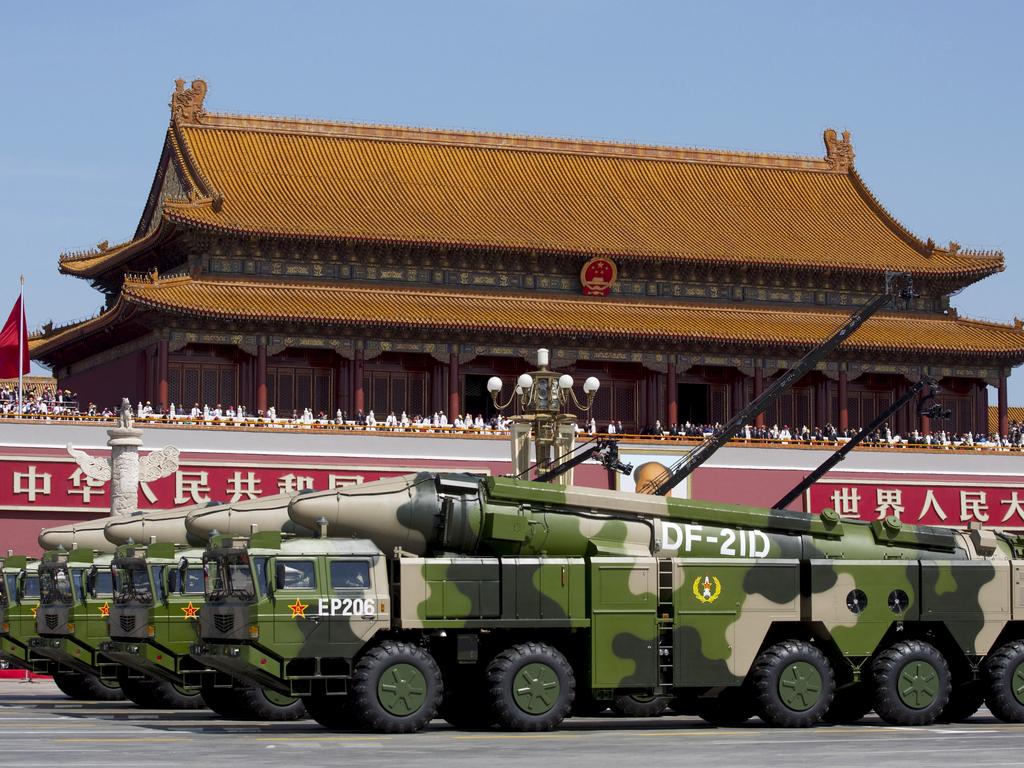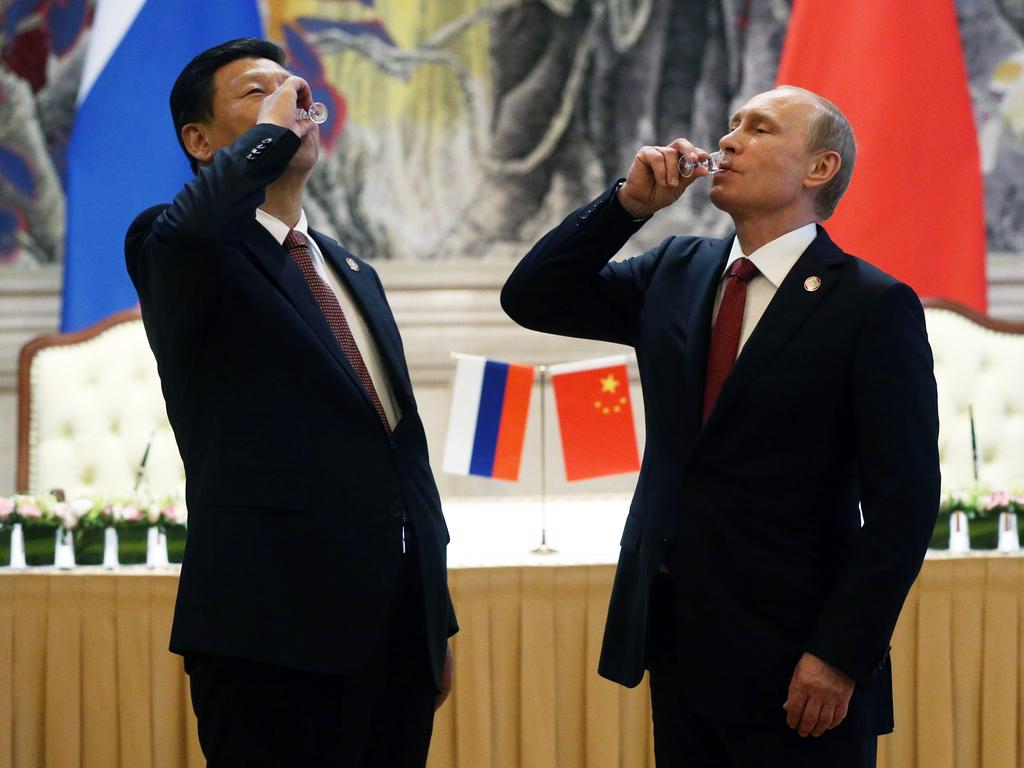
Xi is effectively the communist emperor of China, perhaps the most powerful in modern China’s history, and in a speech to ASEAN he took aim at AUKUS for the first time.
He didn’t mention AUKUS by name, but Chinese academics and officials rushed to make sure we understood Xi was talking about AUKUS. You can trust their interpretation here.
China’s foreign ministry spokesman, Zhao Lijian, echoed Xi’s remarks, but went further, saying that AUKUS “deliberately escalates regional tensions, stimulates arms race, threatens regional peace and stability, and undermines international nuclear non-proliferation efforts.”
This all represents a significant escalation of Beijing’s campaign against the Morrison government at two levels. First, anything spoken by Xi himself has a quality of papal infallibility, and imperial prestige, about it in the Chinese system. So-called Xi Jinping Thought has been elevated to a central defining role in the Chinese Communist Party. For Xi to speak about AUKUS personally means it has been elevated across the entire Chinese system.
Up until now, the official Beijing reaction to AUKUS had been relatively muted. The Chinese know as well as anyone that no Australian nuclear powered submarine is likely to emerge in time to cause them the slightest grief before the Taiwan situation is resolved one way or the other. But the key importance of AUKUS has always been symbolic, a drawing even closer, if such a thing is possible, of the US and Australia.
Beijing has now decided to take that symbolism at face value and rail against it as though AUKUS really changed the military calculation.
Part of that has been the effort to convince ASEAN that Australian nuclear powered submarines could still potentially be a way for Australia to acquire nuclear weapons, though the Morrison government has repeatedly disavowed any interest in nuclear weapons.
It is important that Australia stand its ground here and not be intimidated. The exaggerated attack on Defence Minister, Peter Dutton, should not disturb Dutton or the government itself.
However, the Morrison government would do well to talk a lot less about potential military conflict with Beijing.
This is foolish talk at any time, and given the pitifully inadequate nature of our defence effort, it is worse than meaningless. The government can make all the points it likes about the US alliance, and Australian solidarity with the people of Taiwan and their democracy, without explicitly talking about war.
It is irresponsible and counter-productive to explicitly canvass the possibilities of direct military conflict. A sophisticated government can maximise the message of deterrence without explicitly, airily and irresponsibly talking about war.
No other senior ministers of regional governments do this. It’s not a requirement of the US alliance.
The Labor Opposition has been extremely cynical, intentionally operating on false premises when it criticises Scott Morrison for annoying the French over the cancellation of the submarine deal.
Morrison is not responsible for French hysterics, which contrast so much to France’s disadvantage with the calm way Japan reacted to earlier itself losing the promise of building submarines for Australia.
But Labor is on much stronger ground when it criticises the government for needlessly talking up the possibilities of war.
As another Labor figure once remarked, the government should talk less and do more. That is certainly true of defence.







The slow, roiling crisis of Australia-China relations reached a distinct new stage with China’s president, Xi Jinping, directly criticising Australia’s new AUKUS agreement for the first time.